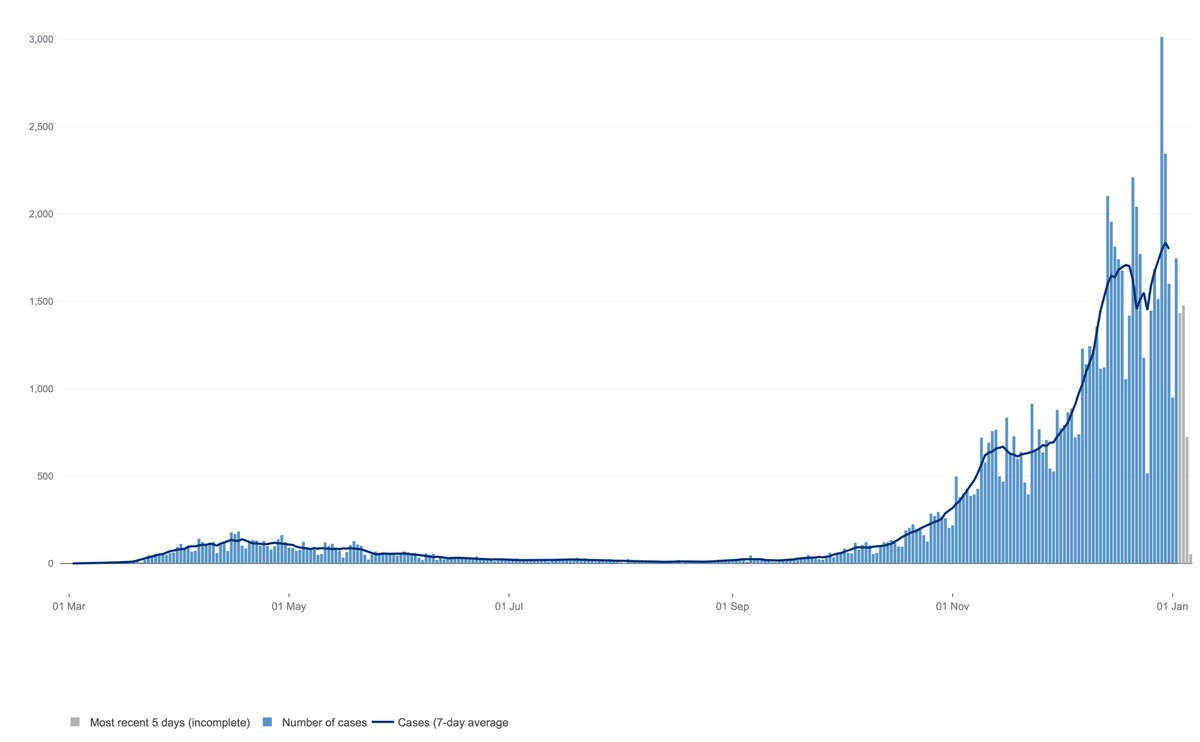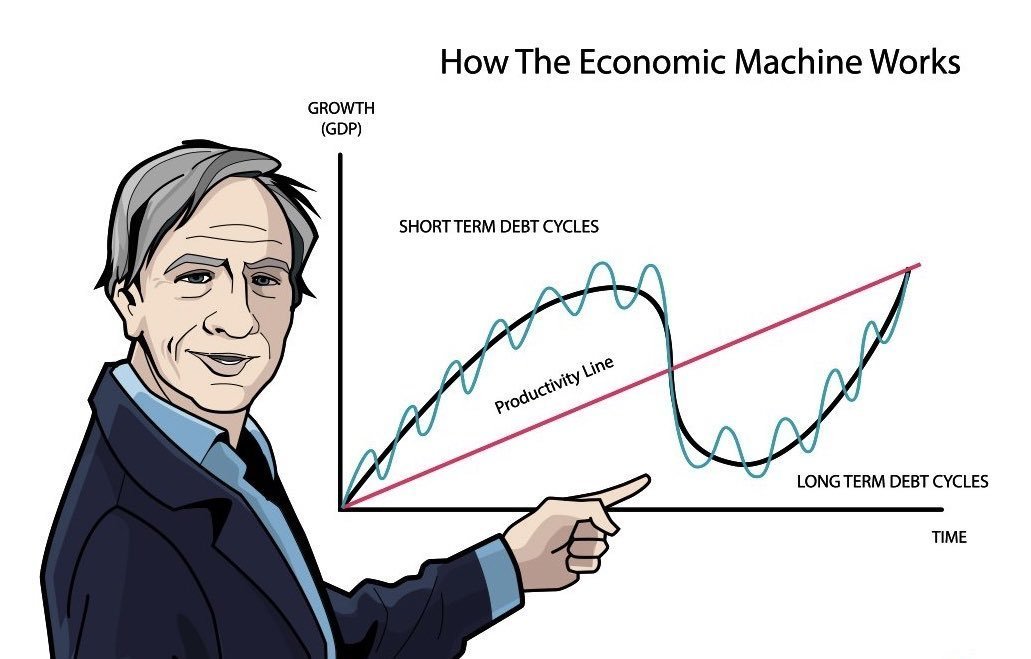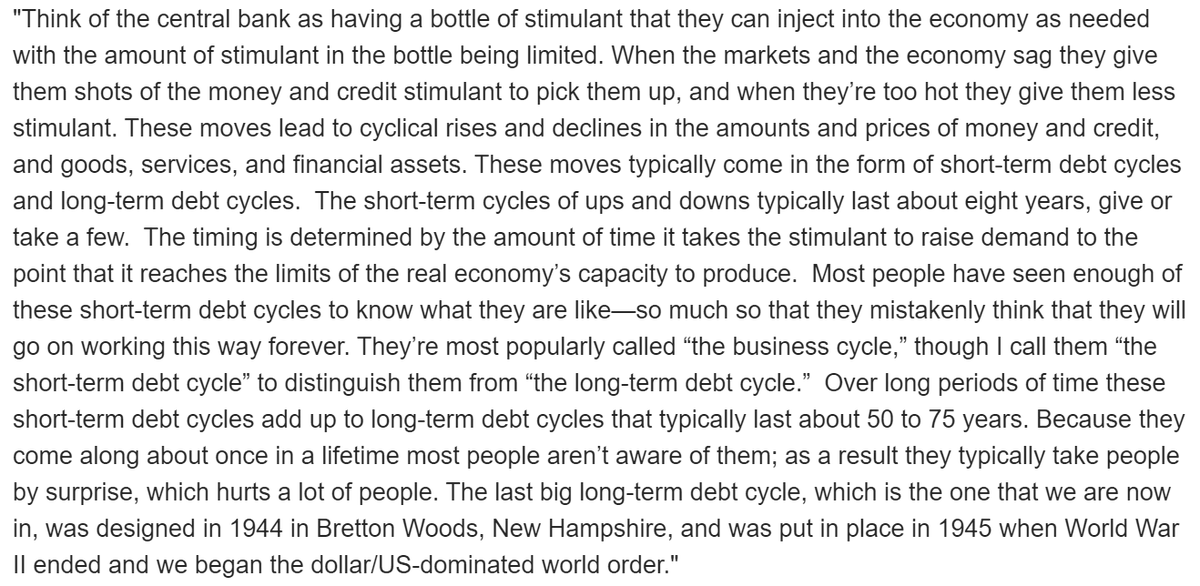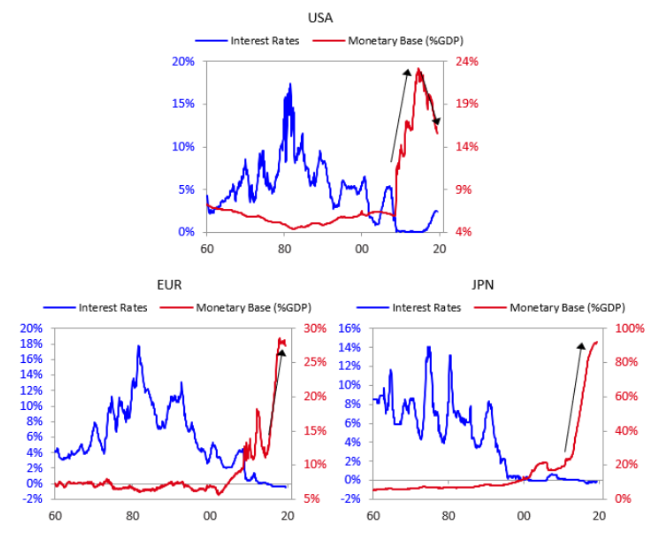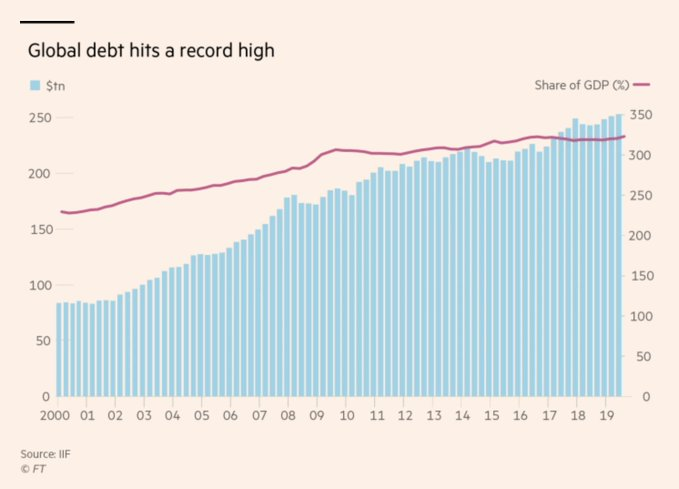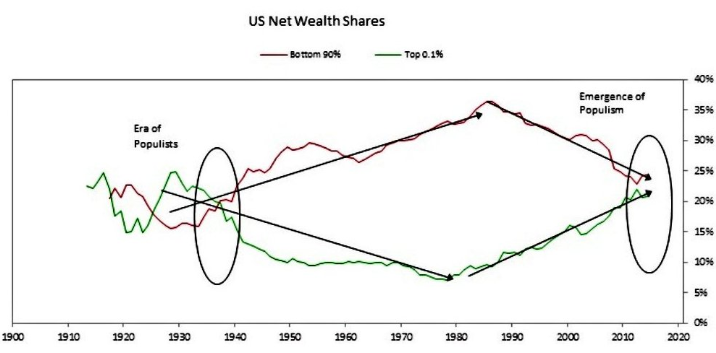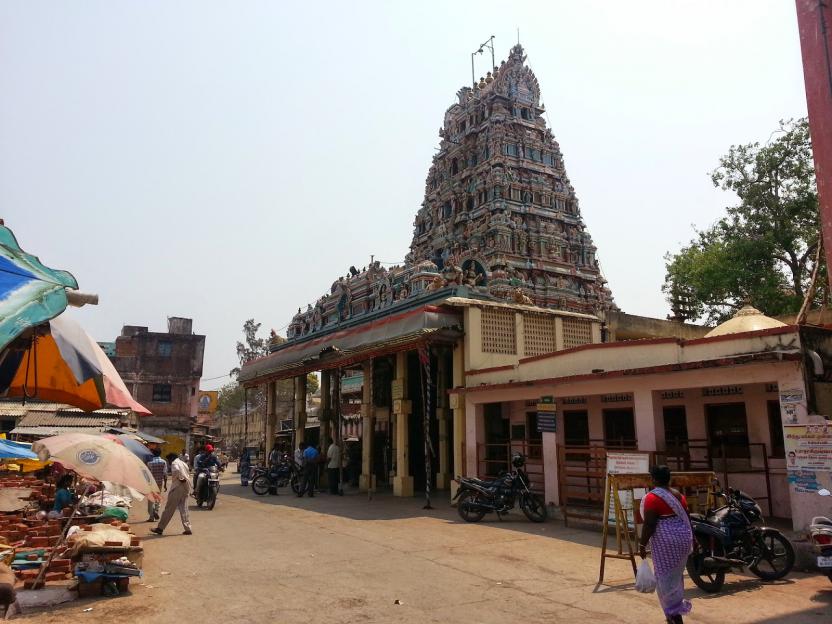1) For some there's still a major economic disincentive apropos self isolation. Sick pay still poor. Savings for many exhausted.
Hancock: "It's your actions now which can make a difference."
Plays down prospect of immediate introduction of new restrictions.
1) For some there's still a major economic disincentive apropos self isolation. Sick pay still poor. Savings for many exhausted.
And 2) The job for individuals is now made harder as a result of prevalence as a result of the delay in full lockdown in most of the country between the...
More from Lewis Goodall
More from Economy
1) Well, also there is this:
For 400 years inflation has NOT been in a "mountain range" of up and down, but rather stair-stepped in giant increases, always associated with major transformations in economic arrangements.
For 400 years inflation has NOT been in a "mountain range" of up and down, but rather stair-stepped in giant increases, always associated with major transformations in economic arrangements.
The only way that debt comes down is if rest of world flips to trade deficit status w/US (I.e., trades accumulates $USD from prior trade surpluses w/US for actual goods & services). Not likely anytime soon. $USD as global reserve currency requires massive public debt.
— David "Most Vicious Dogs & Ominous Weapons" Herr (@davidcherr) January 15, 2021

